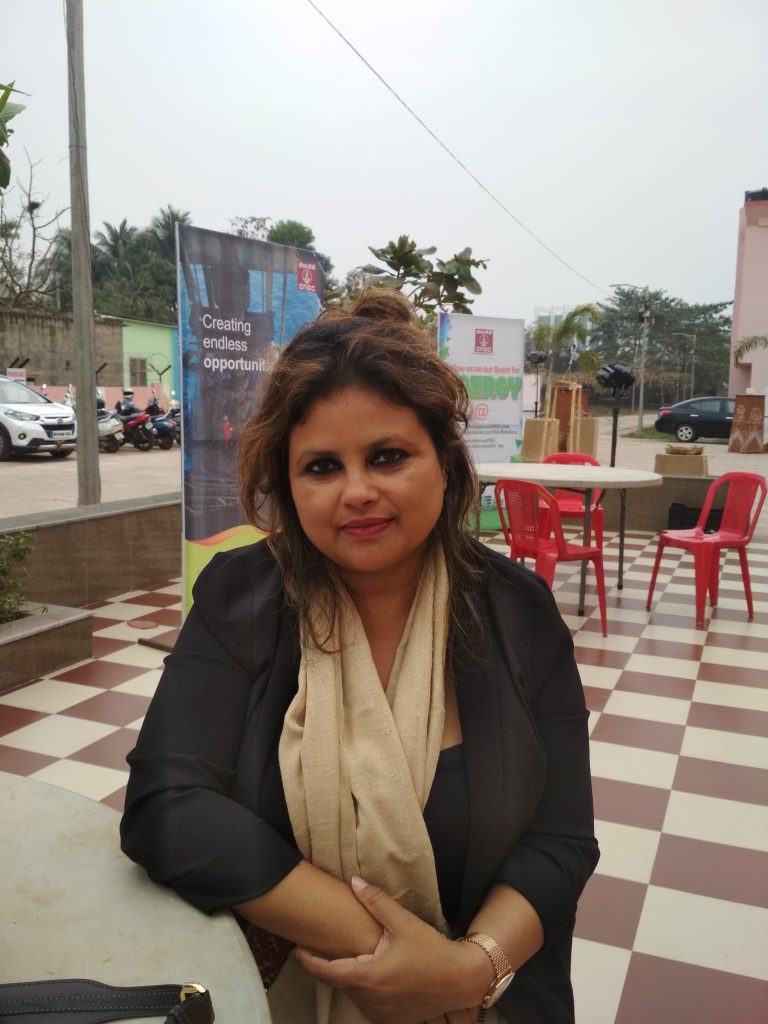Bobby Sarma Baruah, an Indian film-maker, producer and screenwriter, provides narrative content of socio cultural issues through cinema across North East and Assam. Being an accomplished poet and short story writer in Assamese Language she was born in a family of creative minds. One of her movies Mishing, which is based on a novel of Sahitya Akademi award winner Yeshe Dorjee Thongchi, was screened at the Indian Film Festival of Bhubaneswar recently. In an interview by Arindam Ganguly of Orissa Post, she threw light on her forte and future plans.
What is Mishing all about?
The movie is in the ethnic language of Sherdukpen tribe. There are rarely any movies in this language. My purpose is to preserve it through movies. Although my native language is Assamese, I like the novel on which Mishing is based. I had to do a lot of research as it is the first movie made in the language. A paltry 4,000 people in Aka and Monpa ethnic groups in the villages of Rupa, Jigaon, Thongri and Shergaon in Arunachal Pradesh speak it. Folk culture is an essential part of the movie.
What is more important to you, commercial success or critical acclamation?
The commercial aspect in film-making is important as you need financial backing to make movies. However, my movies cannot be termed as commercial movies. My works like Adomya has its own set of audience as it is based on a taboo topic of AIDS. My second work is based on a veteran folksinger.
Your father Lt. Lakhi Sarma was an eminent sculpture. Did you ever think of following his footsteps?
| Film-making is a form of visual art. It is important as other pursuits. My brother is an artists who is following his legacy |
You have produced some of your movies. Does it help in any way?
All my movies were produced by me and my husband Basanta Kumar Baruah. My second was produced by Assam government because it is about a folk singer of the state. I am proud to have worked in that movie. Being the producer and director of a movie can help as we don’t have to depend on others. However, sometimes it becomes stressful as you are responsible for each and every aspect.
With artistes like Rima Das and Adil Hussein bagging national awards, how do you see Assamese cinema’s competition with other regional industries?
Quite a few talented people are coming from North East in general and Assam in particular. Senior film-makers such as Jahnu Barua, Manju Borah have depicted the state brilliantly in their works. We are being nominated for national awards more often. This was lacking earlier due to the step motherly attitude for North East cinema as a whole. However, North east is making its mark in the film industry.
What are your thoughts on the industry in terms of opportunities for women?
Apart from the MeToo movement, the industry has changed drastically for women. Many female centric roles have been created along with many women directors coming to light. We need more women in crews as cameramen and editors among others.
Do you view web series of Netflix and Amazon Prime as threats to mainstream cinema?
Watching movies at a film theatre is still the favourite pastime of a lot of people. As with everything, web series have their pros and cons.
What are your upcoming projects?
I am working on an Assamese script. I am planning to do a Hindi movie soon.
